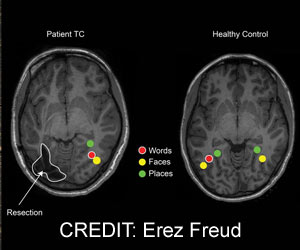Standardized baseline data helps to assess epilepsy burden and improve the outcomes in pediatric epilepsy patients.

So, the researchers at Children's Hospital of Philadelphia (CHOP) demonstrates to use standardized reporting of clinical data for seizures caused by a variety of neurological disorders, providing fundamental baseline information to determine methods for keeping seizures under control published today in the journal Epilepsia.
"For those of us who treat paediatric epilepsy patients, we are constantly trying to assess how we're doing and how we can improve outcomes for our patients," said Mark P. Fitzgerald, MD, PhD, a paediatric neurologist in the Division of Neurology at CHOP and first author of the study.
They looked over almost 1,700 visits by more than 1,000 individual patients with childhood epilepsies for approximately one year with visits conducted by 32 different providers across the CHOP Network were able to quantify the absolute seizure burden as well as changes in seizure burden over time and the differences between various causes. .
This study represents fundamental data regarding treatment can make major paradigm shift in paediatric epilepsy long term management.
Advertisement















